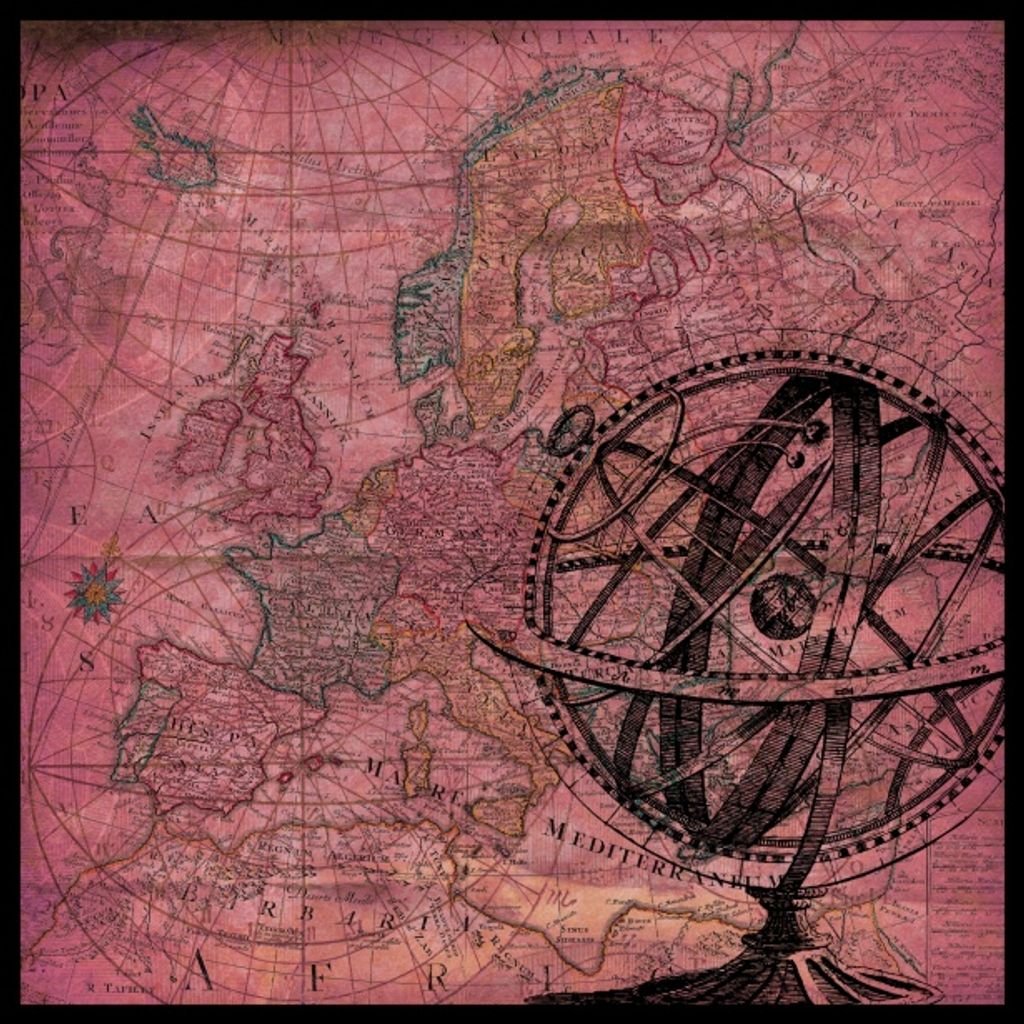The Age of Exploration marked a significant period in history, characterized by the widespread exploration and discovery of new lands and territories. This era was driven by various motivations, including the pursuit of wealth, the desire for new trade routes, and the expansion of empires. The impact of global exploration on trade, culture, and technology was profound, leading to far-reaching consequences that shaped the modern world. In this article, we will delve into the key aspects of global exploration and its enduring impact on our world today.
Key Takeaways
- The Age of Exploration was driven by motivations such as wealth, trade routes, and empire expansion.
- Global exploration had a profound impact on trade, culture, and technology.
- The consequences of exploration shaped the modern world and influenced historical events.
- Famous explorers and landmark discoveries left a lasting legacy on global exploration.
- The enduring impact of exploration continues to shape our world today.
The Age of Exploration

The Motivations for Exploration
The drive to explore the unknown has long been a defining characteristic of human nature. Curiosity and the desire for wealth were primary motivators for the adventurers who set sail into uncharted waters. These explorers sought not only material riches but also knowledge and a better understanding of the world.
- The promise of new trade routes and the potential for economic gain spurred nations to invest in voyages of discovery.
- The quest for spices, gold, and other valuable commodities was a significant lure for many explorers.
- Advancements in navigation and shipbuilding technology made these perilous journeys possible.
The pursuit of national prestige and the competition among emerging European powers also played a crucial role in the push for exploration.
The Impact on Global Trade
The Age of Exploration ushered in an unprecedented era of global trade, connecting distant continents through a complex web of maritime routes. The exchange of goods became a catalyst for economic growth, with European markets being flooded with new products like spices, silk, and precious metals from Asia and the Americas.
Commerce was revolutionized as the demand for these exotic items spurred the development of new trade networks. This period marked the beginning of a global economy, with the following key changes:
- Introduction of new trade commodities
- Establishment of trade routes connecting the East and West
- Rise of mercantilism as a dominant economic theory
The integration of new territories into the global trade system had profound implications, reshaping economies and societies on a scale never seen before.
The Consequences of Exploration
The Age of Exploration irreversibly altered the course of human history. The quest for new territories and resources led to the colonization of many regions, which had profound social and cultural impacts on indigenous populations. The exchange of goods, diseases, and ideas between the Old and New Worlds—a process known as the Columbian Exchange—reshaped diets, economies, and societies on a global scale.
Colonization and the establishment of trade routes also accelerated the spread of diseases to which native populations had no immunity, causing demographic shifts and loss of life on an unprecedented scale. The environmental consequences were equally significant, with the introduction of new species disrupting local ecosystems.
- The spread of European languages and culture
- The displacement and subjugation of native peoples
- The alteration of landscapes and introduction of new agricultural practices
The legacy of exploration is a tapestry of human achievement and tragedy, with the echoes of these consequences still felt in modern times.
Explorers and Discoveries

Famous Explorers of the New Frontier
The era of global exploration is marked by the daring voyages of individuals who sought to traverse the unknown and expand the boundaries of the known world. Christopher Columbus, whose 1492 voyage opened the way for the widespread European exploration of the Americas, stands as a pivotal figure in this age of discovery. Alongside him, names like Vasco da Gama, who found a sea route to India, and Ferdinand Magellan, whose expedition first circumnavigated the globe, are etched into history.
- Christopher Columbus
- Vasco da Gama
- Ferdinand Magellan
These explorers were driven by a combination of factors, including the pursuit of wealth, the spread of Christianity, and the sheer thrill of adventure. Their journeys were fraught with peril, yet they managed to chart new territories and establish contact with civilizations previously unknown to Europeans.
Their legacy is a tapestry of human curiosity and courage, woven with threads of ambition and the relentless pursuit of the unknown.
Landmark Discoveries and Expeditions
The timeline of global exploration is punctuated by a series of landmark discoveries and expeditions that reshaped our understanding of the world. Christopher Columbus’s 1492 voyage to the New World stands as a pivotal moment, marking the beginning of a new era in global exploration. This event, among others, set the stage for a world that would become increasingly interconnected.
- Vasco da Gama’s navigation around the Cape of Good Hope in 1497 established a sea route to India, altering the dynamics of trade and colonization.
- The circumnavigation of the Earth by Ferdinand Magellan’s expedition (1519-1522) proved the globe’s roundness beyond doubt and highlighted the vastness of the Pacific Ocean.
- The discovery of the New World by various explorers opened up immense opportunities for wealth and expansion, leading to the colonization of the Americas.
The expeditions not only mapped the unknown but also ignited the imaginations of people across continents, setting the stage for an age of unprecedented global interaction.
The Legacy of Exploration
The legacy of global exploration is a tapestry of cultural exchange, scientific advancement, and geopolitical shifts. The world as we know it was irrevocably changed by the explorers of the past.
- The spread of ideas and technologies has fostered innovation across continents.
- New trade routes established during the Age of Exploration are the precursors to modern globalization.
- The discovery of new lands led to the exchange of crops and goods, reshaping diets and economies worldwide.
The echoes of exploration are heard in the languages we speak, the foods we eat, and the boundaries that define our nations.
The spirit of discovery continues to inspire adventurers and scientists today, as we turn our gaze to the stars and the depths of the ocean, seeking to uncover the unknown and understand our place within the vast expanse of the universe.
Conclusion
In conclusion, the impact of global exploration has reshaped the world in profound ways. From the discovery of new lands to the exchange of cultures and ideas, exploration has expanded human knowledge and understanding. As we continue to navigate the new frontier, it is essential to recognize the significance of global exploration and its ongoing influence on our interconnected world.
Frequently Asked Questions
What were the main motivations for exploration during the Age of Exploration?
The main motivations for exploration during the Age of Exploration were to find new trade routes, expand empires, spread religion, and seek wealth and glory.
How did global exploration impact global trade?
Global exploration led to the establishment of new trade routes, the exchange of goods and ideas between different regions, and the growth of global commerce.
What were some of the consequences of exploration on indigenous populations?
The consequences of exploration on indigenous populations included cultural assimilation, displacement, disease outbreaks, and exploitation.
Who were some of the most famous explorers of the New Frontier?
Some of the most famous explorers of the New Frontier include Christopher Columbus, Vasco da Gama, Ferdinand Magellan, and Marco Polo.
What were some landmark discoveries and expeditions during the Age of Exploration?
Landmark discoveries and expeditions during the Age of Exploration included the circumnavigation of the globe by Ferdinand Magellan, the discovery of the Americas by Christopher Columbus, and the exploration of the Pacific Ocean by Captain James Cook.
What is the legacy of exploration on modern society?
The legacy of exploration on modern society includes the exchange of cultures, the global interconnectedness of nations, the spread of knowledge, and the impact on scientific and technological advancements.



